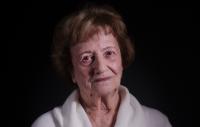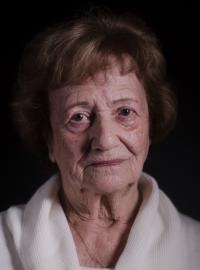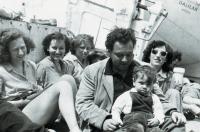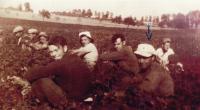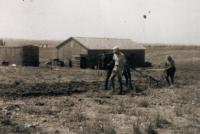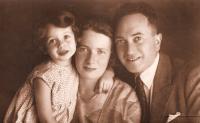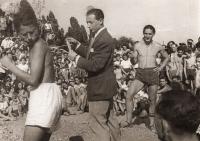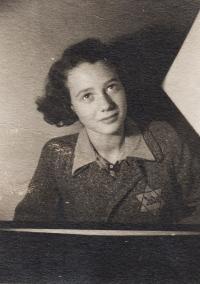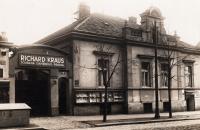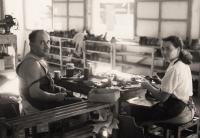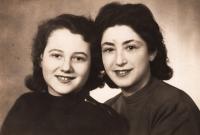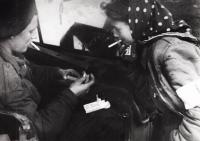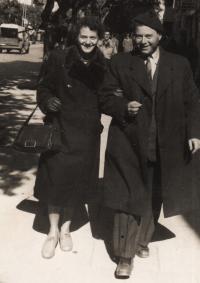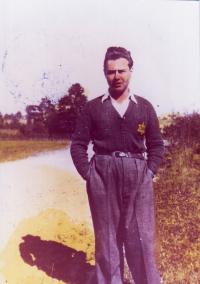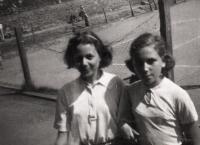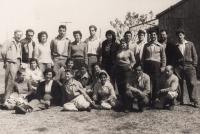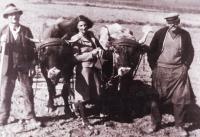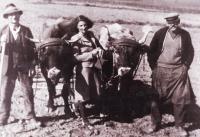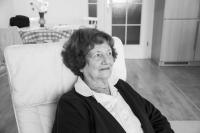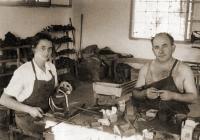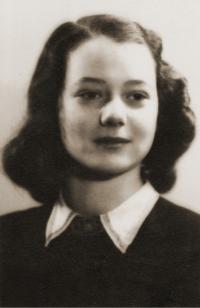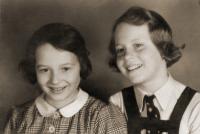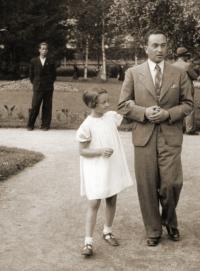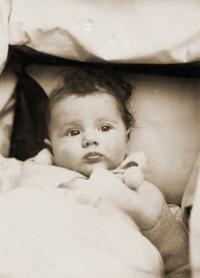Israel is my root-less home

Stáhnout obrázek
Dita Krausová, née Edita Polachová, was born on 12 July 1929 in Prague into an assimilated Jewish family. Her father worked as a lawyer in a pension office while her mother was a housewife. At home they spoke both German and Czech. Dita was expelled from school on racial grounds in 1940 and then instead attended learning groups organized by the Jewish Community of Prague. On 20 November 1942 she and her parents left Prague for the Terezín ghetto. There she stayed in a girls dorm and for a while worked in agriculture. On 18 December 1943 she and her parents were assigned to the second transport and deported to the family camp in Auschwitz-Birkenau. There she worked in the children‘s block set up by Fredy Hirsch. In June 1944 she and her mother passed the selection and were transferred to Hamburg. Her father died in Auschwitz. Edita and her mother worked in the Hamburg camps on removing rubble and digging trenches. At the beginning of April 1945, following the camp evacuation, she and her mother were transferred to the Bergen-Belsen camp where they were liberated by the end of the month. Dita fell ill with typhus but recovered. Her mother died on 29 June 1945 as a result of the preceding imprisonment. The sixteen-year-old Dita returned to Prague on 1 July 1945. The only family survivors were her grandma and the Christian wife of her father‘s cousin with whom she was staying at that time. She had then met Ota B. Kraus (1921 - 2000), also a Terezín and Auschwitz survivor, and married him in 1947. Following the expropriation of a factory which was returned to her husband in restitution, the newly-weds with their six-month-old son decided to immigrate to Israel where they landed in May 1949. For a year they stayed in Bejt Jicchak near Netanya, then they moved to a kibbutz where Dita worked in the kitchen and in shoe repair. Seven years later they moved out and settled in Netanya. Ota B. Kraus worked as an English teacher and published several storybooks. The Kraus couple brought up two sons and a daughter who died in twenty years of age. Dita Krausová lives in Israel but often visits the Czech Republic. Her life story inspired Antonio Iturbe‘s book The Auschwitz Librarian.
